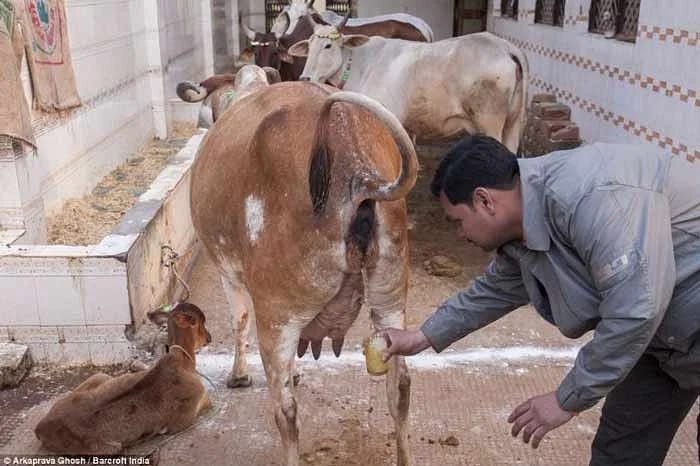I contemplate how a specific word and situations associated with it, and our willingness to till our inner being towards a better self, create a learning path towards self-progression.
Debatri Das
May 01, 2006. When Bengal offices were closed on the Labour Day, I joined my new work place – the Consulate General of Japan in the city of joy- on a two year contract. As I was entering the main entrance of the Consulate, a Japanese gentleman welcomed me with a charming smile. He introduced himself as one of the Vice Consuls who too joined his office that very day and was responsible for the department which I was about to join.
Two months into my new job, I caught a severe UTI (urinary tract infection) and was bedridden for almost 10 days. As per office rules, I was not entitled to any leave within the first 3 months of joining. This being a health case, though, my leave was granted. I was also asked to submit a medical certificate from my doctor and copies of the medical reports.
After I recovered, I carried with me all the needed documents which I handed over to the Vice Consul. Incidentally, my room was adjacent to his. I started my day’s work and was suddenly summoned by him for something urgent. As I entered his room, I saw him standing with a paper in each hand. I thought it was something related to work. “Das San, what are these two documents that you’ve submitted?” he enquired. For the unversed, ‘san’ is a gender-neutral Japanese honorific. The documents were copies of my medical tests – one of the routine urine test and the other of urine culture.
“Urine culture? What sort of a culture is this? Indian culture? I do not know of any such cultures,” he retorted. I, with all humility and seriousness, tried to explain to him the difference between a routine urine test and urine culture. With an effort to make it graspable, I said, “Urine culture is prescribed by doctors to assess if there are any micro-organisms present in the urine.”
“Micro what?” he shot back, and instantly took out his digital dictionary. A fast typing of the word which I spelt out for him, he gave a satisfying look, that of self-contentment upon a new discovery.
“Fungus in your urine! Okay, okay, got it,” he nodded his head. “No, it’s bacteria to be precise, not fungus,” I said.
“But my dictionary says fungus. I understand you Das San. But why is this a culture here? I heard that in India, the culture is very rich. Before joining my office here, I also read about Bengal, Tagore, Bose… nice music, dance, drama. Why is urine a part of it?”
Honestly, I was at a loss for words. To cry or to laugh out loud, that was the question at that moment. I swallowed all my mixed emotions and told him with a serious face, “This is a common medical term for such tests. It should not be mixed with the culture and heritage of India and Bengal that you’re referring to.”
I excused myself and left the room in haste lest I was asked to define ‘culture’ for him.
Many years have gone by. My Vice Consul colleague and I occasionally communicate briefly with each other, primarily enquiring about each other’s wellbeing or conveying wishes on occasions. He is currently working in a European country. I was in for a surprise a day after my birthday this year when I received a note from him: “Dear Das San, Many wishes on your birthday. As I wish you, I suddenly remember the day when I was confused with the word ‘culture’ in your medical report. Blame it on my poor knowledge of English then. With time, I have learnt the language better and often laugh at myself for my stupidity that day. But let me own the fact that it was you who introduced a culture of openness and friendliness in the office, especially in our department, teaching me not only about the meaning and use of certain words in English, but also about the people and society at large, which helped me do my work better than I thought I could do. I also realized that culture doesn’t make people, it is the people who make culture. You have imbibed in me a culture of acceptance, and helped me cultivate my mind to know, learn and explore, and also understand how the word ‘culture’ is not confined to a few dictionary meanings but has a larger frame of reference. You have been not only a great colleague but also a great tutor. I express my gratitude to you and pray the best for you. P.S.: My English wife, whom you haven’t unfortunately met yet, teases me often with this episode of ‘culture’. She too sends you her best wishes on your birthday”
I have also been part of yet another organization which spelt out its culture and values and encouraged its staff to live it. Pronouncing and preaching about culture is easy, but to embrace and live it is the toughest part. Once a culture becomes entirely advertising friendly, it seizes to be a culture at all. That said, I contemplate how a specific word and situations associated with it, and our willingness to till our inner being towards a better self, create a learning path towards self-progression.
P.S.: Little did I know back then that, one day, I would have to see India reeling under urine culture – the cow urine culture.
Debatri Das is a social development consultant. She has worked with national and international NGOs and various governments. She loves to look into the nuances of life from her varied experiences with a tinge of humour.


